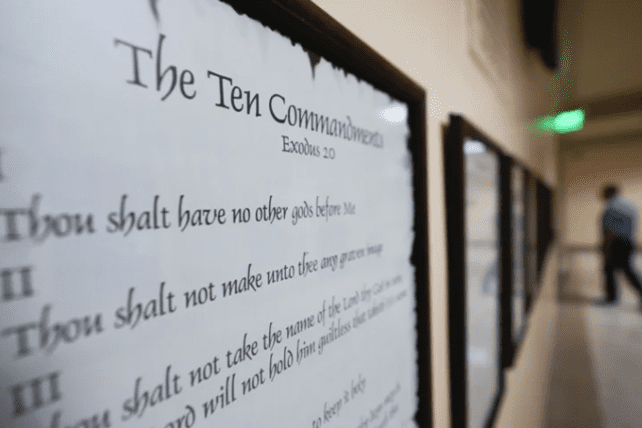Whether or not justices would actually support the laws is unclear. While opponents of the laws point to ample Supreme Court precedent suggesting the statutes violate the constitutional prohibition against establishing a state religion, at least two members of the Supreme Court — Justices Clarence Thomas and Neil Gorsuch — declared in a 2020 concurring opinion they believe the establishment clause only applies to the federal government, not the states. While their viewpoint is considered fringe by many scholars, it remains to be seen if others on the court, such as Justice Amy Coney Barrett, agree.
And while some of the education bills have died in committee, such as in Nebraska, others have helped spur related legislation. Lawmakers in Indiana, for instance, dropped the chaplains bill as part of a compromise legislation that allows students to leave school for religious instruction if they request it.
But religious opponents to such laws say they are prepared to combat them. In the press conference with those suing Louisiana over its Ten Commandments law, Joshua Herlands, a Jewish parent and one of the plaintiffs in the case, laid plain what he feels the debate is ultimately about.
“The displays distort the Jewish significance of the Ten Commandments in several places and send the troubling message to students — including my kids — that they may be lesser in the eyes of the government because they do not necessarily follow this particular version, or any version, for that matter, of the religious text,” Herlands said. “The state is dividing children along religious lines.”
This article originally appeared here.

